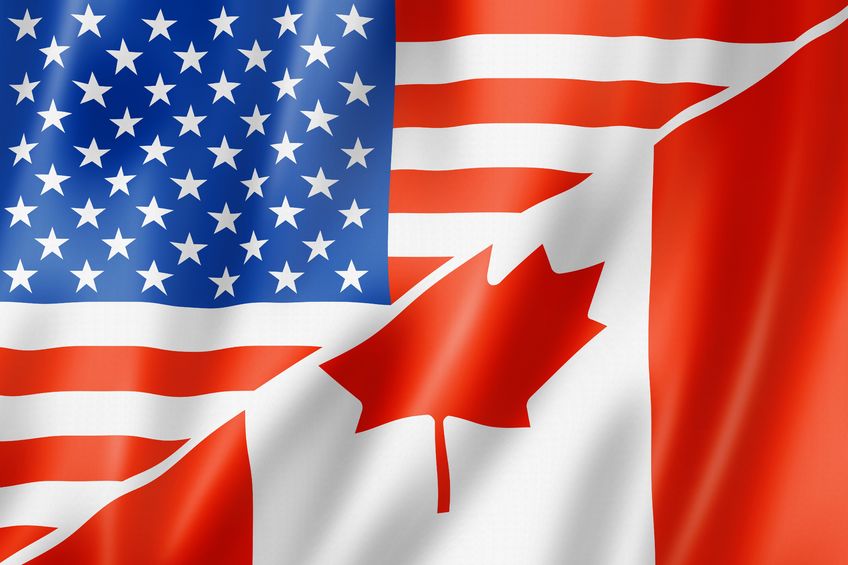
The short-term economic outlook for the U.S. is a bit brighter in the wake of the U.S. election results as there are expectations of pro-growth tax cuts, but the medium-term prospects have dimmed, according to a new report rom Lévis, Que.-based Desjardins Group.
Specifically, Desjardins expects U.S. real gross domestic product (GDP) growth in 2017 to rise to 2.5%, up from just 1.6% in 2016, citing the impact of Donald Trump’s unexpected election victory and promised tax cuts for both households and businesses.
“For 2017, the surprise election of Donald Trump has upset the apple cart,” the Desjardins report says. “In the short term, we can expect Mr. Trump’s program to make a positive contribution to growth, but there are higher risks for the longer term.”
As a result, the firm is lowering its forecasts for U.S. growth in the medium term, the Desjardins report says.
For Canada, the Desjardins report says that concern about a possible rise in U.S. trade protectionism could hurt business investment.
“But those factors should be counterbalanced by the benefits of faster growth in U.S. demand, a weaker Canadian dollar and the boost to the federal government’s recovery plan,” the Desjardins report adds, noting that its forecasts for Canadian real GDP growth are unchanged as a result.
However, Desjardins is expecting higher inflation ahead in Canada as a result of forecasts for a weaker loonie. The U.S. dollar is expected to gain strength against the loonie next year thanks to higher inflation expectations under Trump and the expected divergence in monetary policy, the Desjardins report says.
Desjardins still expects the U.S. Federal Reserve Board to raise interest rates in December, and twice in 2017, although the report says that a faster tightening of monetary policy is now foreseeable. As a result, Desjardins says that its “scenarios for U.S. and Canadian bond yields have been revised upward significantly since the president-elect’s promises suggest higher inflation in the U.S. The rise in bond yields also reflects the possibility of severe deterioration in U.S. public finances.”
The main risks to the outlook include weakness in Europe; emerging markets, particularly China; and ongoing geopolitical risks. In the U.S., “uncertainty regarding the policies that will be put forward by the new Trump administration is a major source of risk,” the Desjardins report says.
“In Canada, the risks are still on the downside, and uncertainty has notched up due to the resurgence of U.S. protectionism,” the report adds. “Real estate market conditions and high household debt also continue to cause concern, especially with the new federal rules on credit for homebuyers and rises in certain mortgage rates.”
Photo copyright: daboost/123RF